NBP periodically publishes short articles on nuclear energy matters which either have a geographic or topical focus. Feel free to browse through all our articles and if you would like to read on something specific, please use the search function. For example, you can search for articles relating to Africa or India or financing or SMR etc. You can also use the filter function to see articles pertaining to Asia, Africa, India or Türkiye.

Powering Africa’s Future: Nuclear Giants vs. Modular Innovators – Which Path Will Light the Continent?
Africa's energy future is nuclear! The continent faces a choice: Large Nuclear Power Plants (LNPPs) offer proven baseload, while Small Modular Reactors (SMRs) provide flexibility. Smart strategies & collaboration are key to unlock this multi-billion dollar market.

Beyond Energy: How India’s Nuclear Technology Fuels Space, Agriculture, And Medical Breakthroughs
India's nuclear technology is expanding beyond power, creating exciting business opportunities! From advancing space exploration to revolutionizing agriculture and medicine, India's strategic investments are opening doors for global collaboration and innovation.

Top 5 SMR Tech to Keep an Eye on in 2025
The SMR market is booming, growing from $0.27B in 2024 to $0.67B in 2025, with a 152.1% CAGR, aiming for $2.71B by 2029! NuScale, GEH, Westinghouse, TerraPower, and X-Energy lead with projects in Poland, Ghana, and Canada, driven by energy security and decarbonization. Want to explore their impact?

Compact Fusion Reactors: The Next Big Leap in Small-Scale Nuclear Power
Compact fusion nuclear reactors promise clean, scalable energy in a small footprint, targeting 50-200 MW outputs. Still pre-commercial, they’ve drawn $7.1B in global investment, with Lockheed Martin, CFS, General Fusion, TAE, and Avalanche Energy leading innovation. Curious about their potential to transform industries?
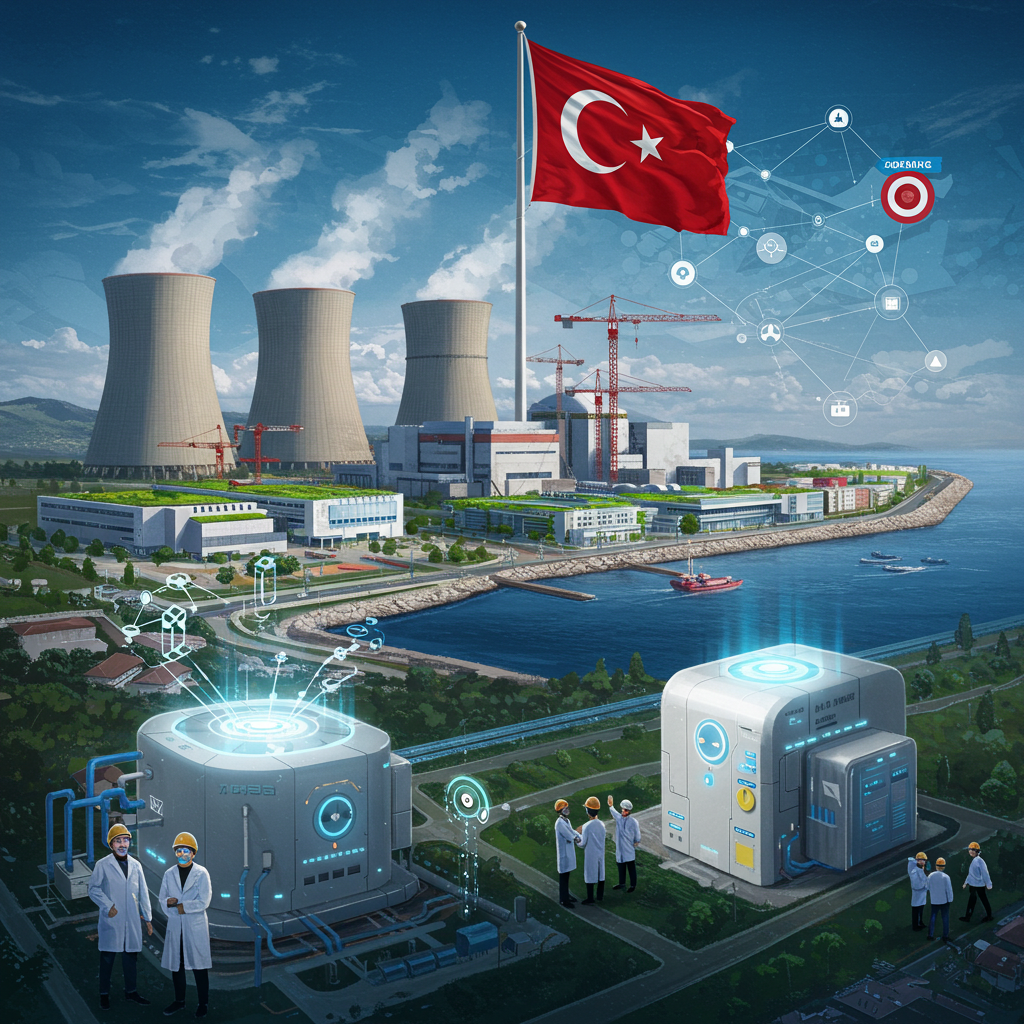
Türkiye’s Nuclear Leap Forward: SMRs and Technopark Unveiled
Türkiye’s nuclear future just got bolder! On March 26, 2025, President Erdoğan unveiled plans for a national SMR and nuclear technopark, targeting 20 GW by 2050—15 GW from large reactors like Akkuyu and 10 GW from South Korea, Russia, and China-backed projects, plus 5 GW from SMRs.
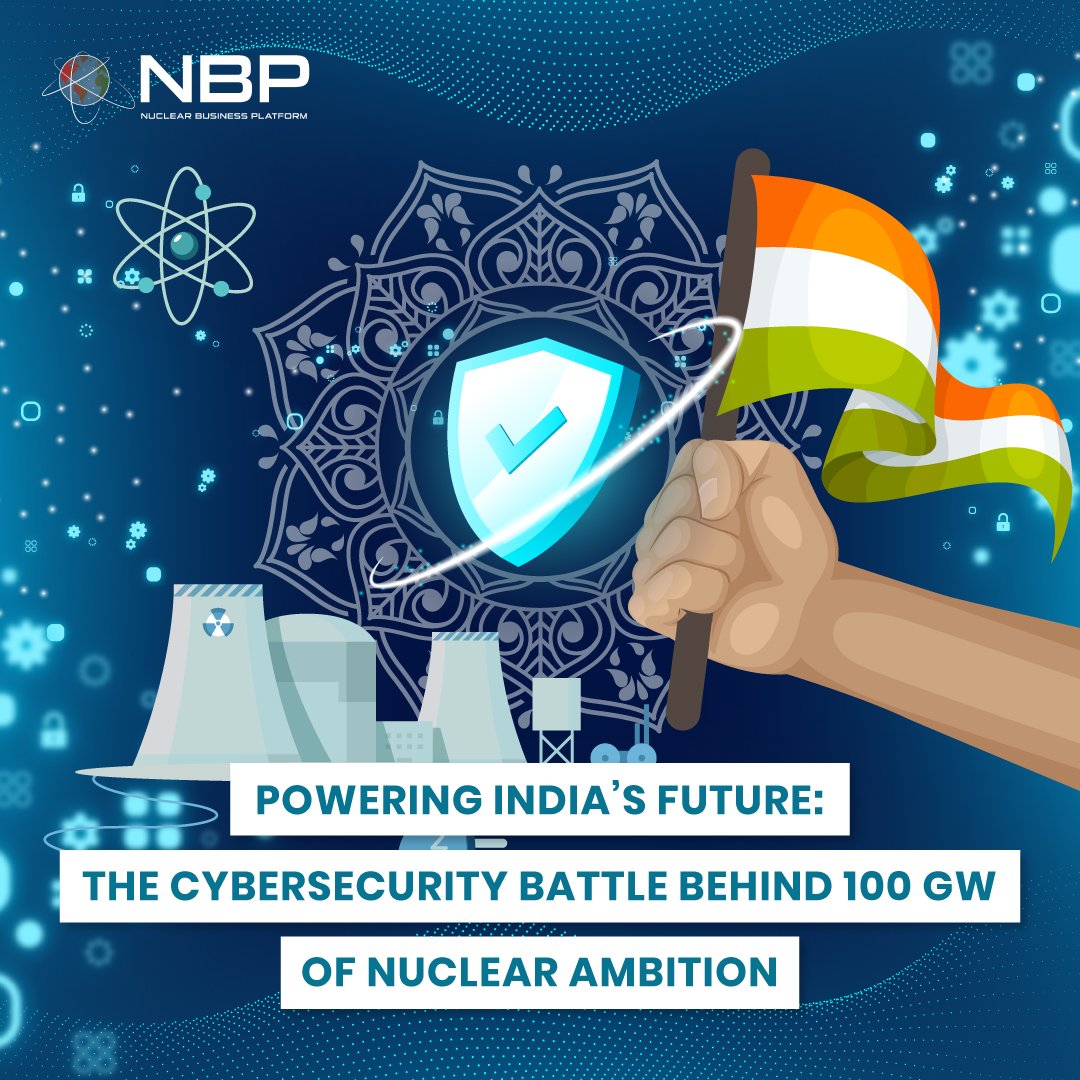
Powering India’s Future: The Cybersecurity Battle Behind 100 GW of Nuclear Ambition
India's nuclear sector is going digital, boosting efficiency but raising cyber risks! After the Kudankulam attack, strengthening cybersecurity is crucial, especially with private sector growth. Robust regulations, global best practices, and innovative tech are key to securing India's nuclear future.
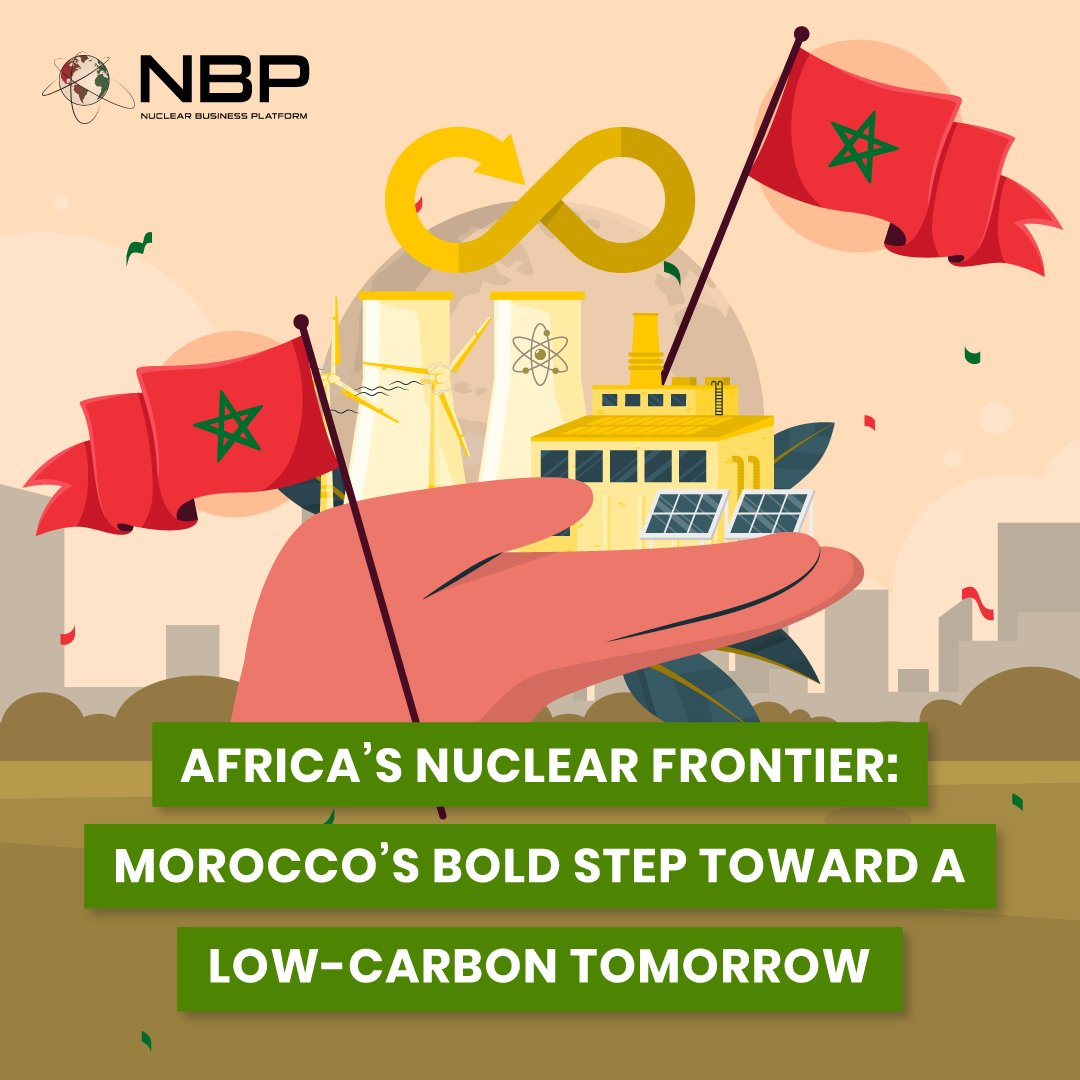
Africa’s Nuclear Frontier: Morocco’s Bold Step Toward a Low-Carbon Tomorrow
Morocco is strategically advancing its nuclear ambitions, leveraging vast uranium reserves from phosphate to secure energy independence. With strong regulatory progress, international collaboration, and plans for nuclear desalination and green hydrogen, Morocco aims to be a key player in Africa's energy transition.

From 8 GW to 100 GW: India’s $100 Billion Nuclear Market Is Open for Business
India’s nuclear market is booming, and global businesses can’t afford to miss out on this $100 billion opportunity! From 8 GW to 100 GW by 2047, India is transforming its energy landscape with bold reforms and international collaboration. The 2025 Budget announced $2.4 billion for SMR development, while private sector entry and $26 billion in investments are opening doors for innovation. IAEA’s Rafael Grossi recently called India “one of the most dynamic nuclear markets” in 2025
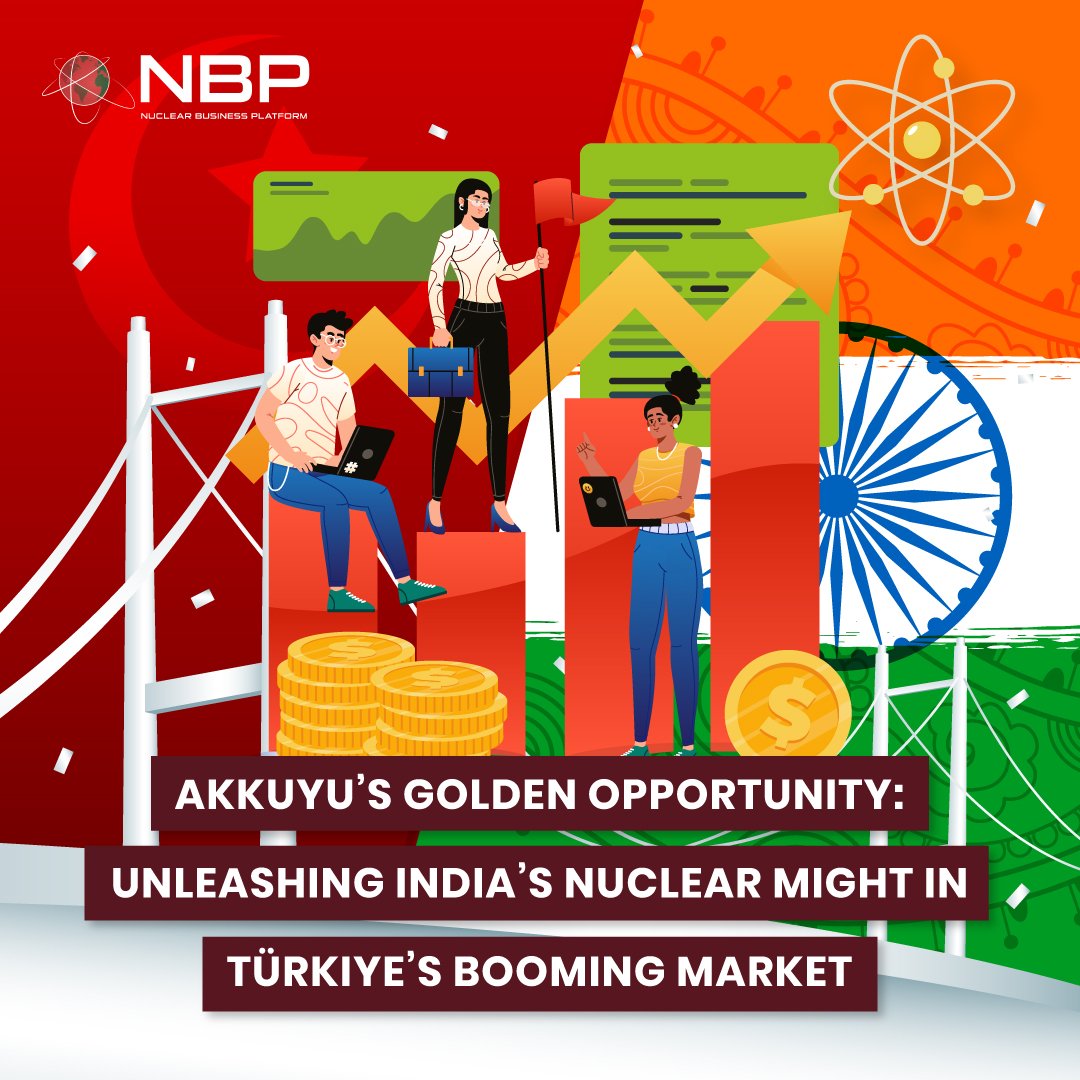
Akkuyu’s Golden Opportunity: Unleashing India’s Nuclear Might in Türkiye’s Booming Market
India's nuclear expertise, honed through collaboration with Russia on Kudankulam, is poised to power Türkiye's Akkuyu project. Indian suppliers are uniquely positioned to contribute VVER technology expertise, offering cost-competitive solutions and leveraging strong Rosatom ties for long-term growth in Türkiye's expanding nuclear sector.
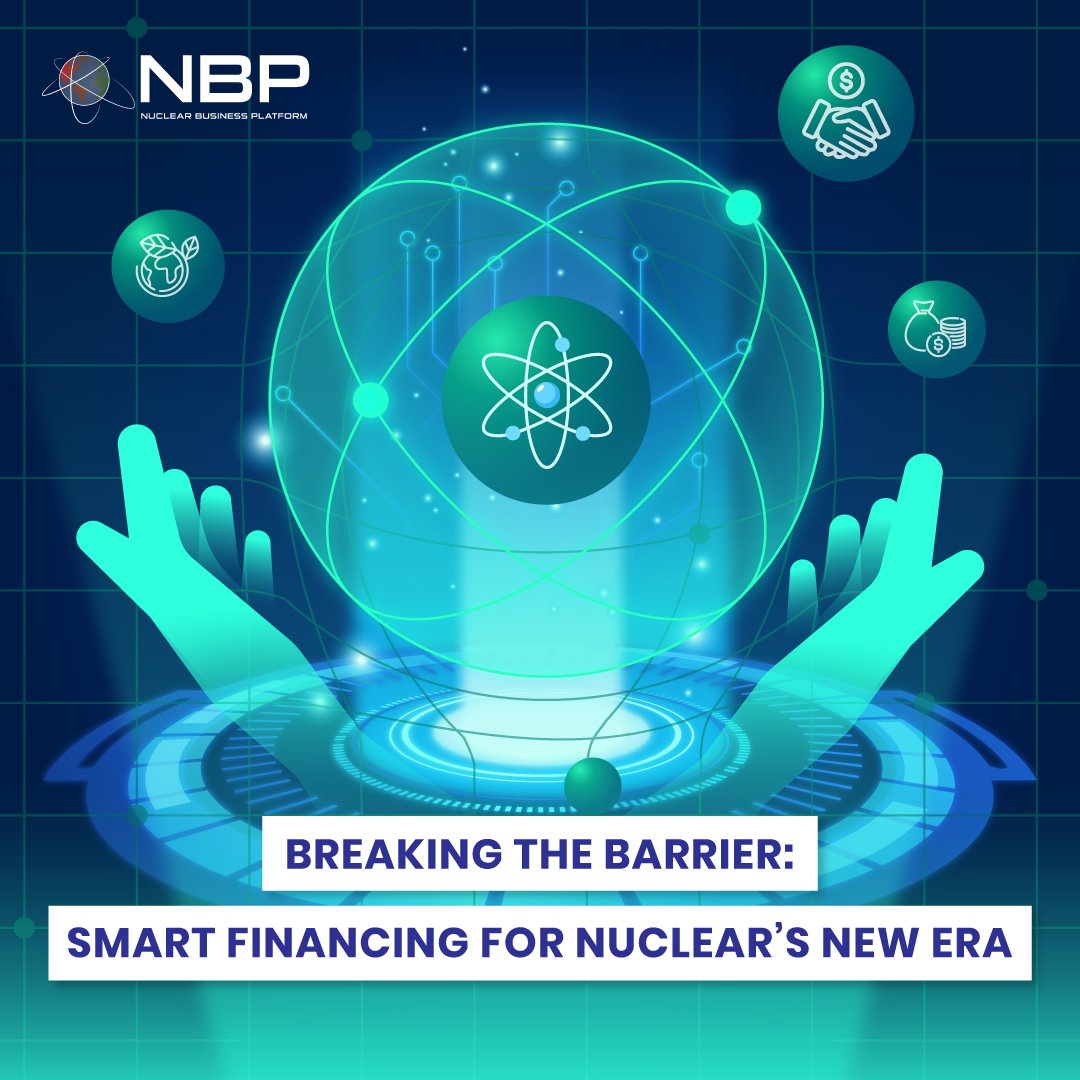
Breaking the Barrier: Smart Financing for Nuclear’s New Era
Nuclear energy is vital for decarbonization, but financing remains a hurdle. To meet 2050 targets, capacity must triple, requiring innovative models like RAB, CfDs, and PPPs to de-risk investments. Strong policy, risk management, and international collaboration are crucial for a sustainable nuclear future.
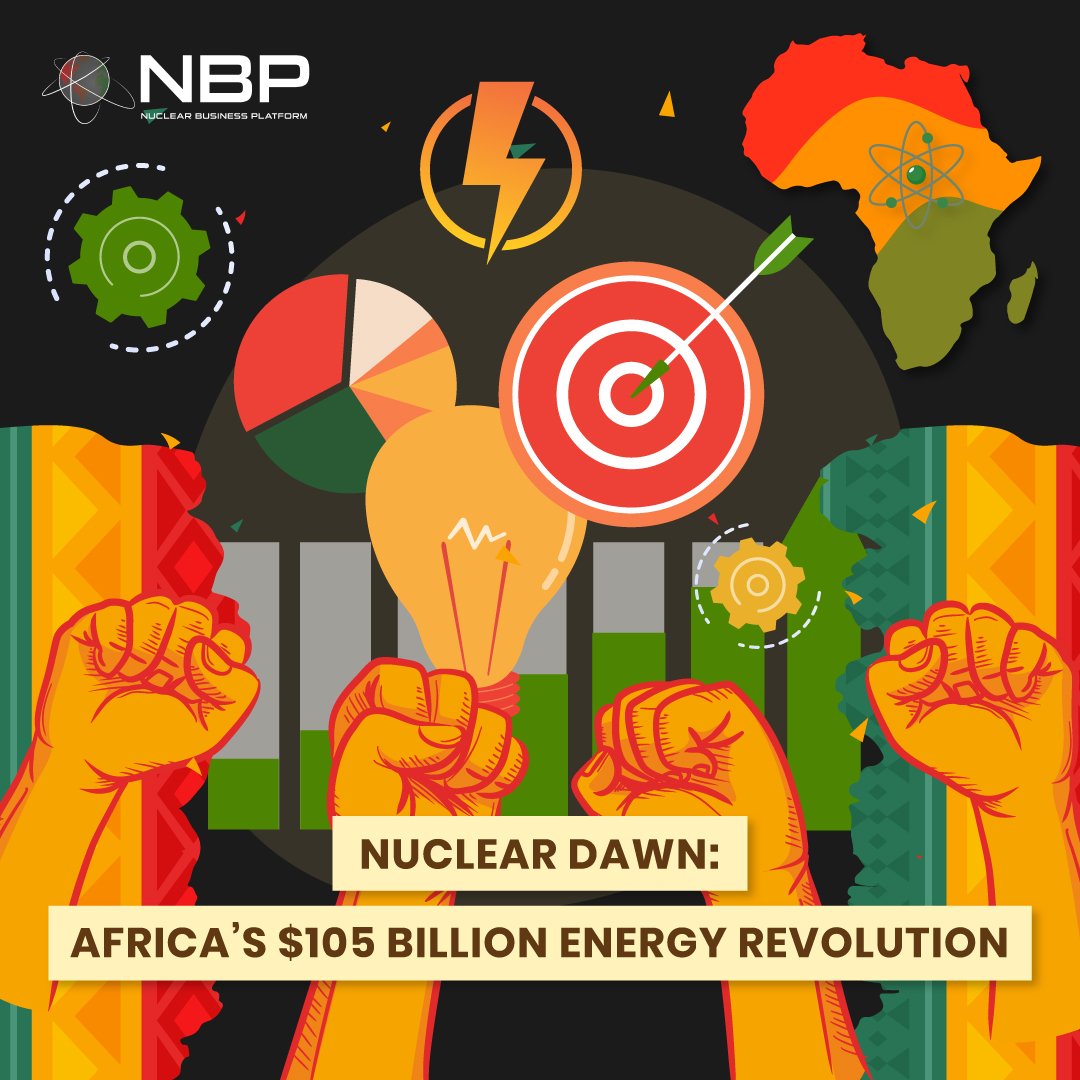
Nuclear Dawn: Africa’s $105 Billion Energy Revolution
Africa's nuclear energy sector is surging! With a potential $105 billion market and plans for 15,000 MW by 2035, countries like Egypt, Nigeria, Ghana, Kenya, and South Africa are leading the charge. This expansion promises economic growth, industrial development, and a sustainable energy future.
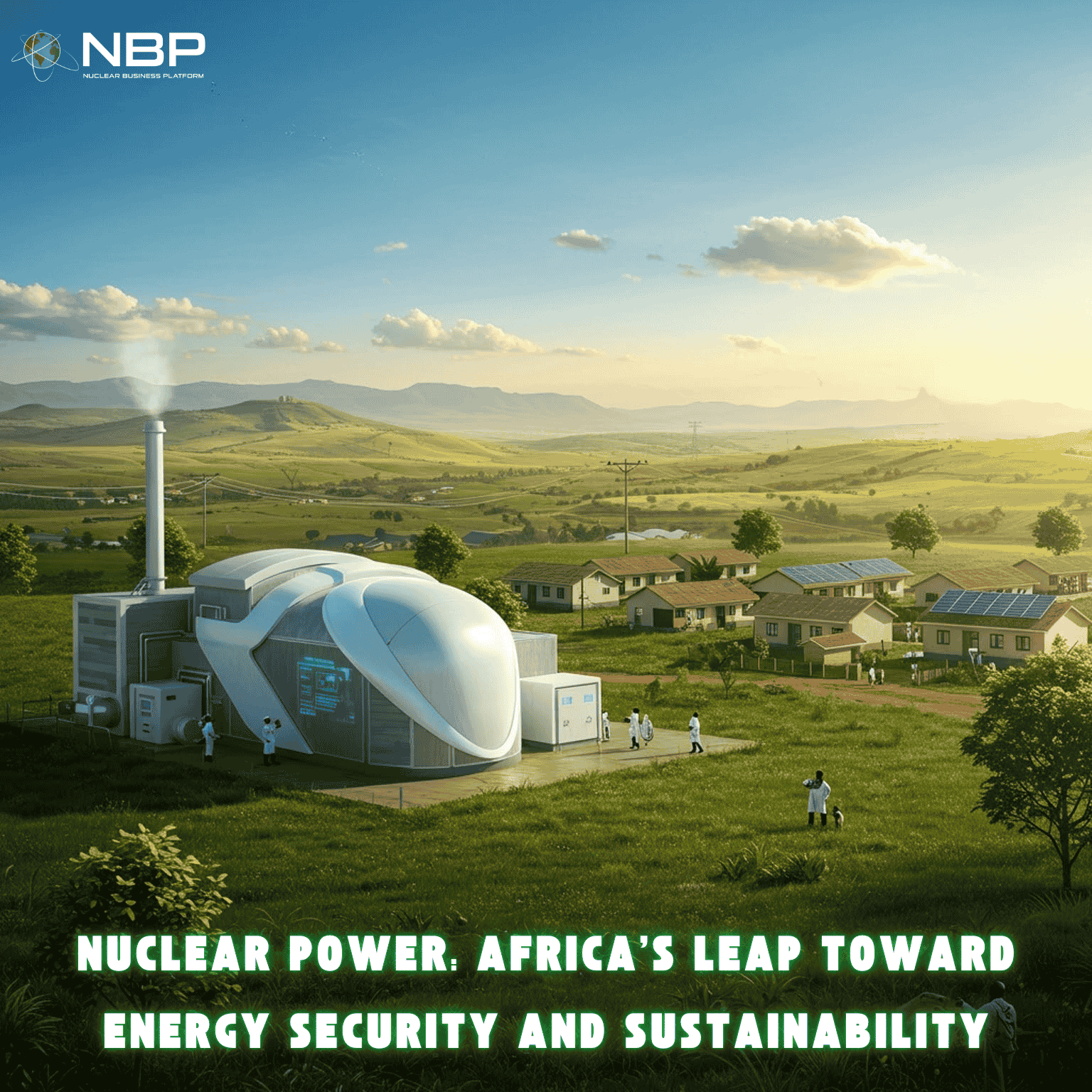
Nuclear Power: Africa’s Leap Toward Energy Security and Sustainability
Africa’s energy future is taking shape with nuclear power, led by Rwanda’s push for small modular reactors (SMRs). Dr. Lassina Zerbo envisions nuclear as key to meeting growing demand—1.5-3 GW by 2030—while tackling safety misconceptions and fostering regional collaboration with nations like Ghana and Egypt. It’s a leap toward energy security and climate goals.
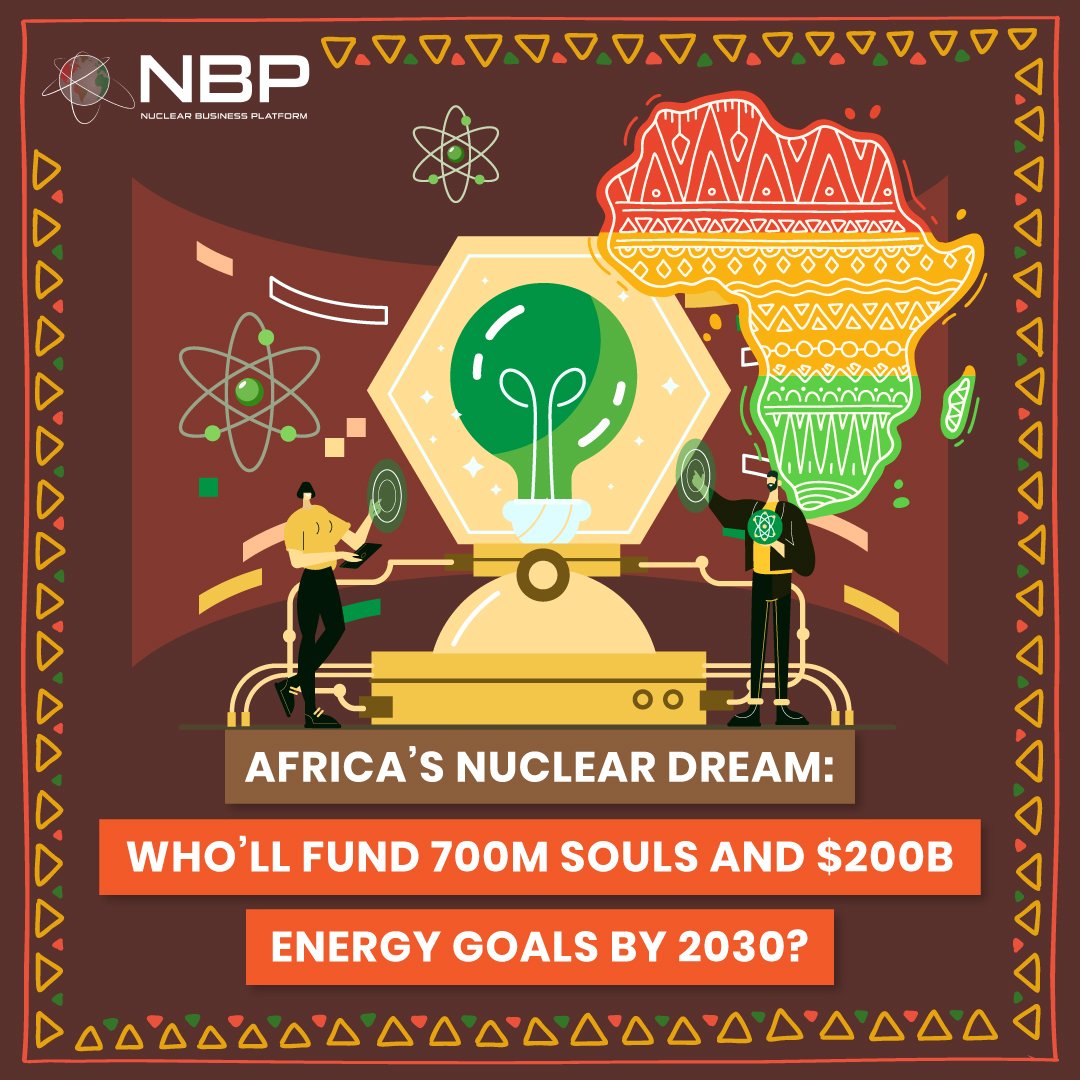
Africa’s Nuclear Dream: Who’ll Fund 700M Souls and $200B Energy Goals by 2030?
Financing nuclear energy in Africa is a challenge, but innovative solutions are emerging! With limited fiscal space and underdeveloped financial markets, African nations are exploring diverse funding models.
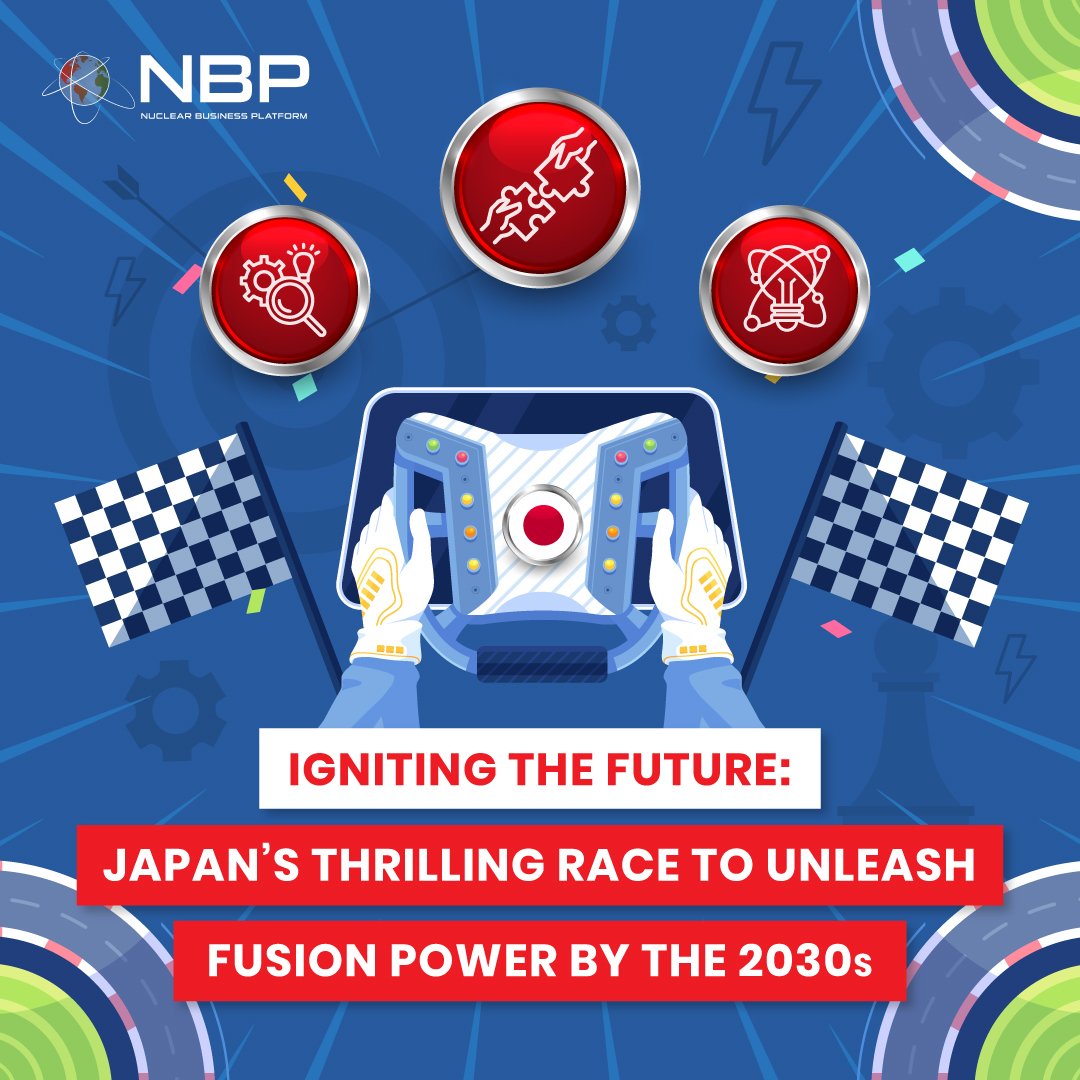
Igniting the Future: Japan’s Thrilling Race to Unleash Fusion Power by the 2030s
Japan is accelerating its fusion energy ambitions! With a new goal of generating electricity from fusion by the 2030s, Japan is transitioning from research to commercialization. Through the Moonshot Programme and strategic partnerships, Japan aims to strengthen its position in the global fusion industry.
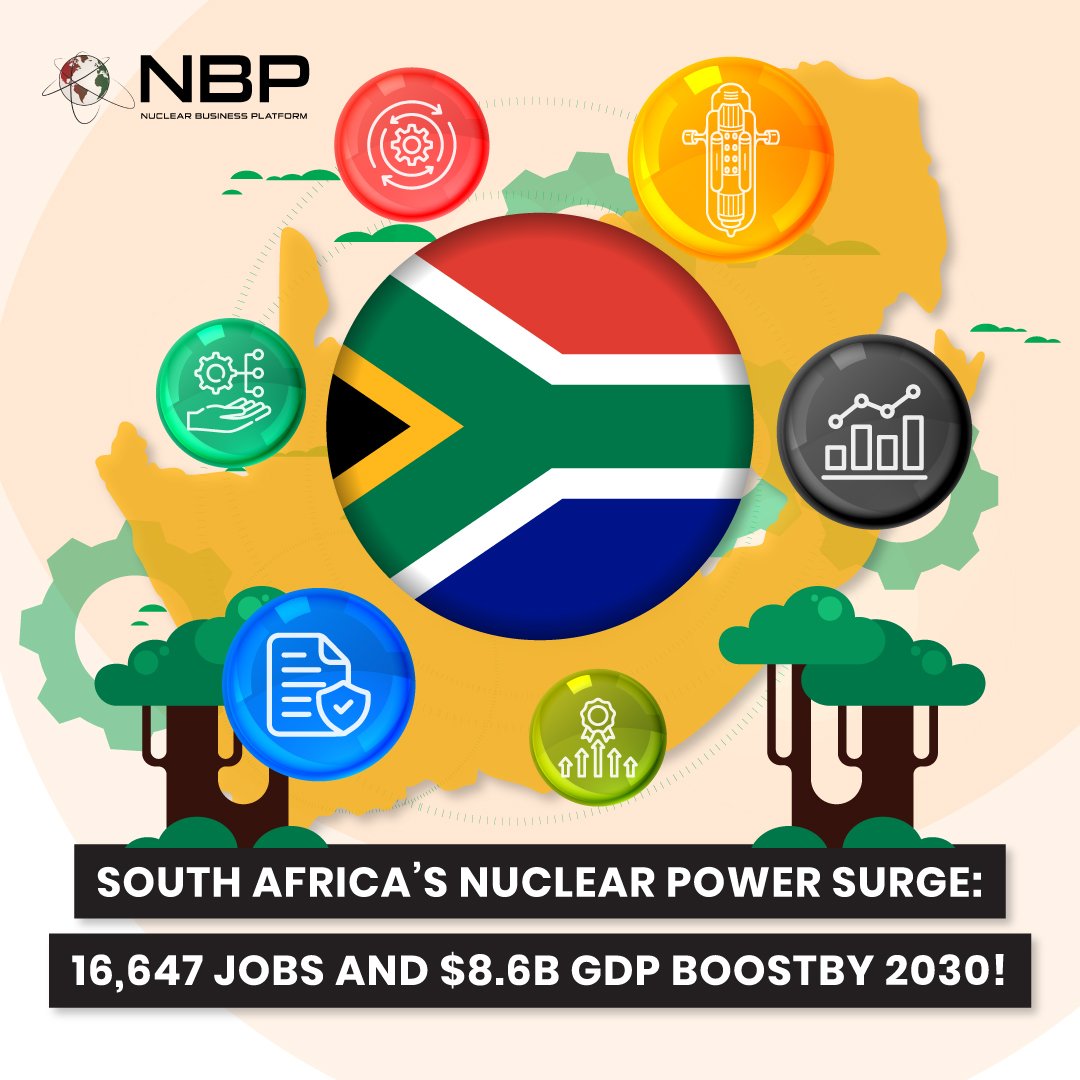
South Africa’s Nuclear Power Surge: 16,647 Jobs and $8.6B GDP Boost by 2030!
South Africa is embracing nuclear energy to power its future! With ambitious plans to expand its nuclear capacity and reduce reliance on fossil fuels, South Africa is prioritizing a just energy transition and investing in a skilled nuclear workforce. By leveraging its uranium resources and embracing advanced technologies like SMRs, South Africa is poised to become a leader in Africa's nuclear renaissance.
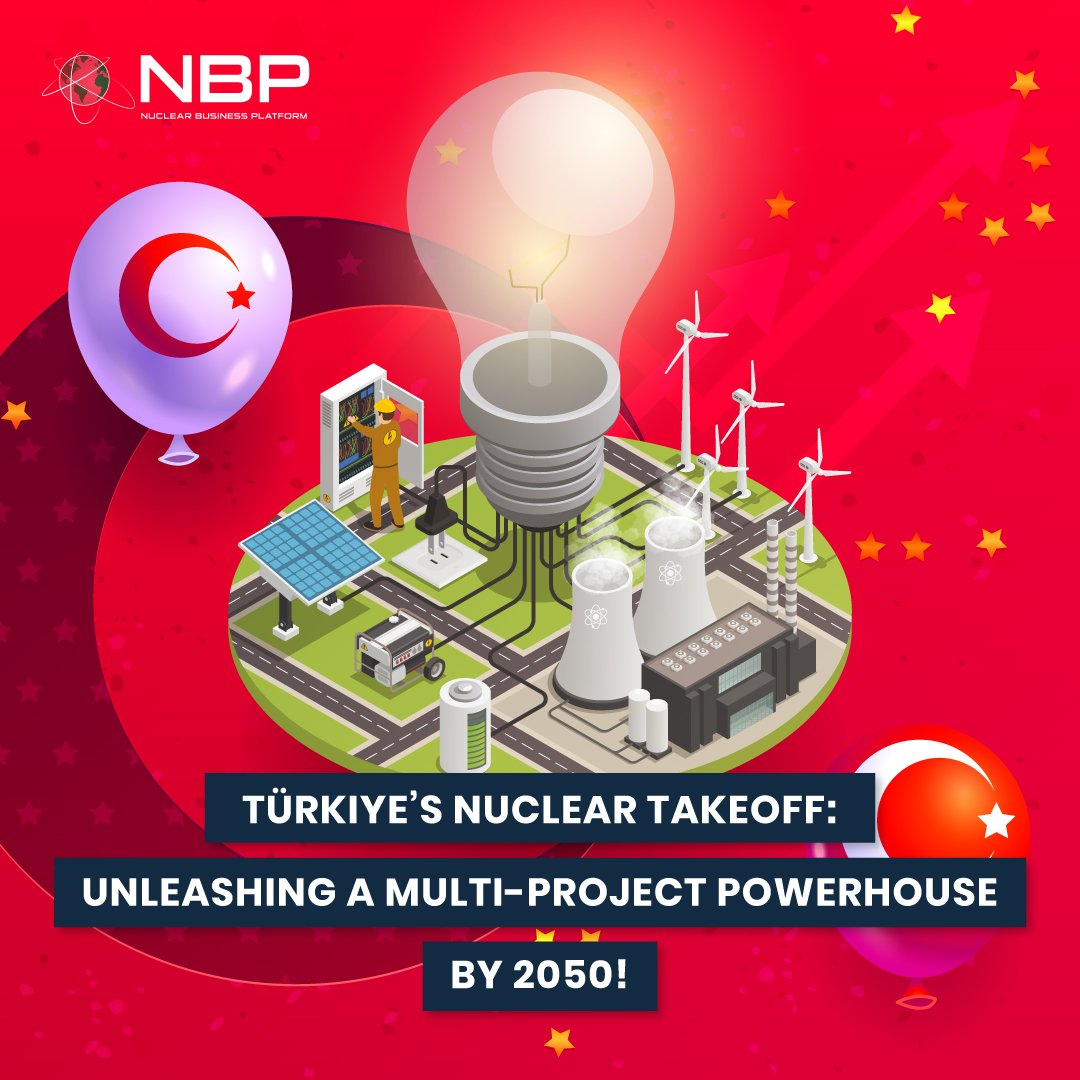
Türkiye’s Nuclear Takeoff: Unleashing a Multi-Project Powerhouse by 2050!
Türkiye is taking a multi-pronged approach to nuclear energy, with plans for large-scale reactors and SMRs! By pursuing projects like Akkuyu, Sinop, and Thrace, and investing in workforce development and local industries, Türkiye is solidifying its position as a key player in the global nuclear landscape.
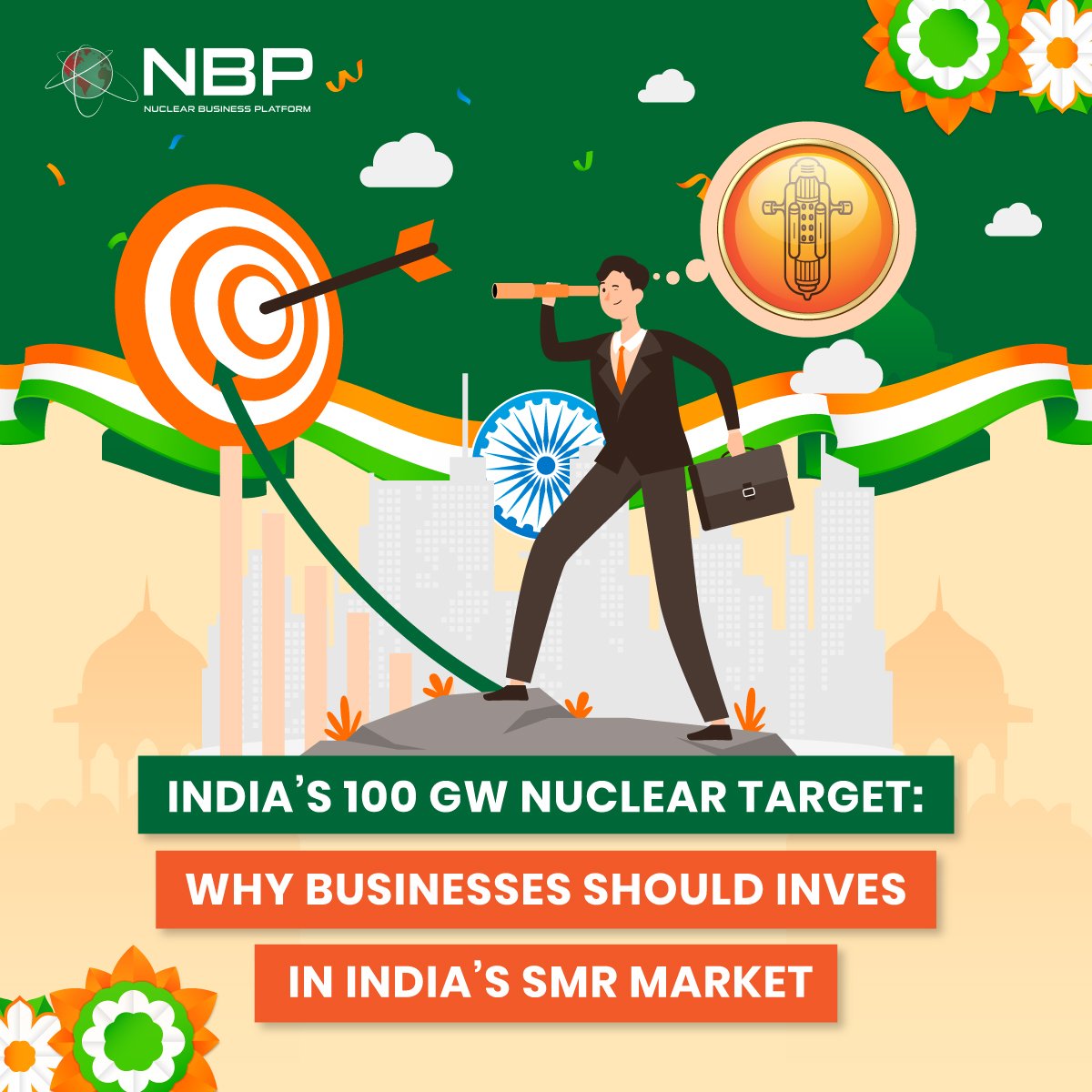
India’s 100 GW Nuclear Target: Why Businesses Should Invest in India’s SMR Market
India's nuclear energy sector is embracing Small Modular Reactors (SMRs), with a $2.3 billion investment plan and a target of 100 GW nuclear capacity by 2047. This presents a multi-billion-dollar opportunity for businesses to invest in clean, scalable, and commercially viable nuclear energy solutions.
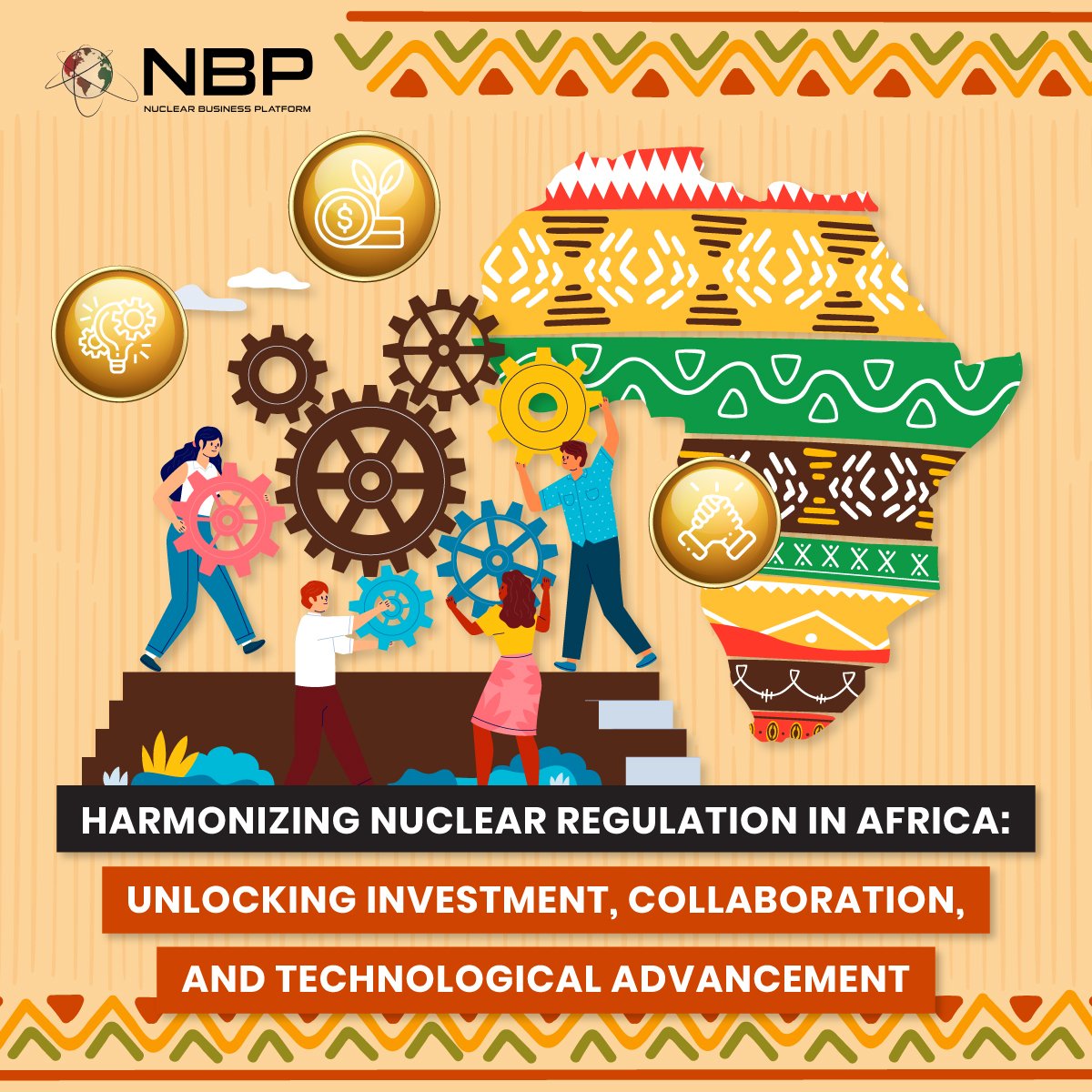
Harmonizing Nuclear Regulation in Africa: Unlocking Investment, Collaboration, and Technological Advancement
Africa needs a unified approach to nuclear regulation! With 21 African nations exploring nuclear energy, harmonizing regulatory frameworks is crucial to attract investment, streamline project approvals, and accelerate the deployment of nuclear power.
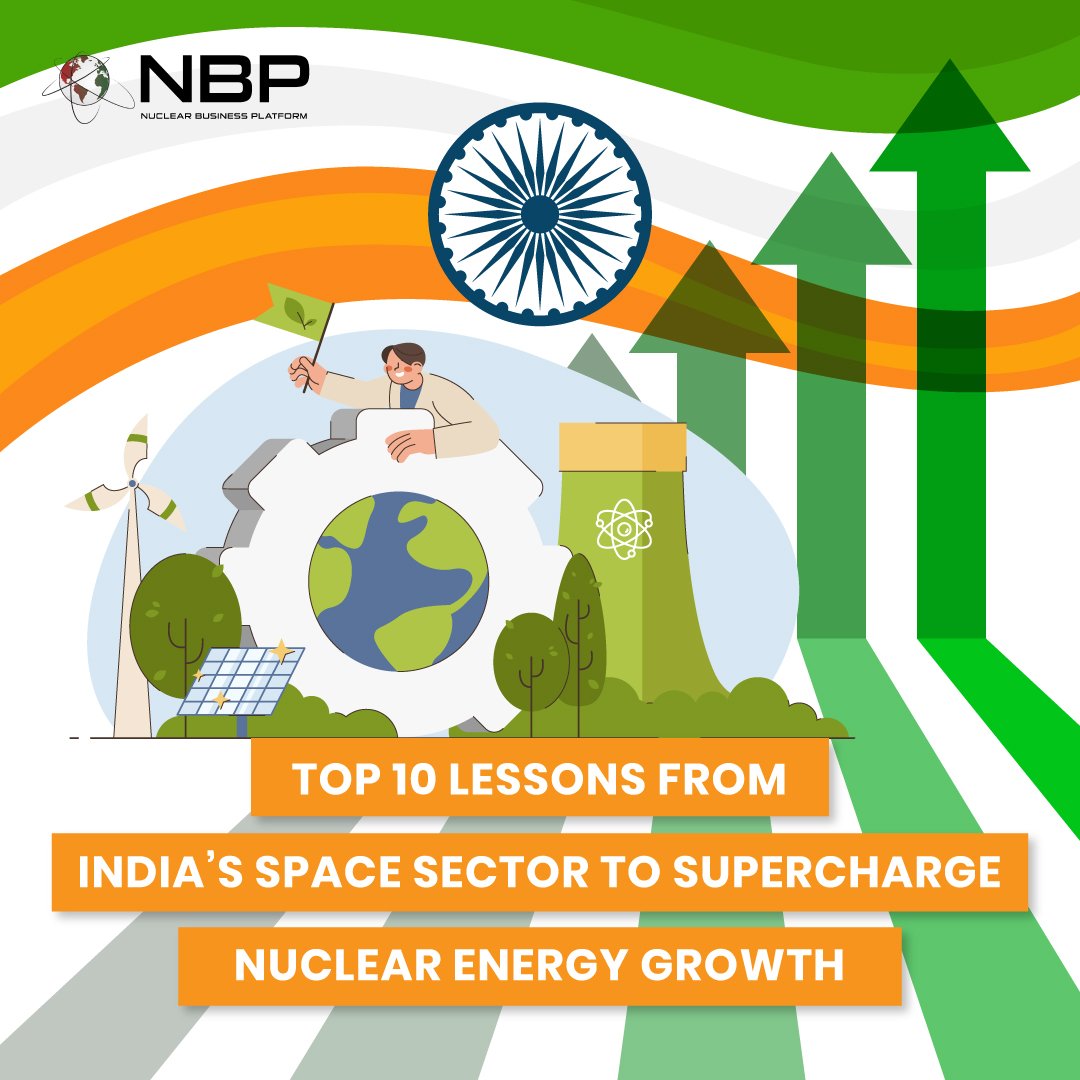
Top 10 Lessons from India’s Space Sector to Supercharge Nuclear Energy Growth
India's nuclear sector is taking inspiration from its booming space industry! By embracing private sector participation, policy reforms, and global collaborations, India aims to unlock the full potential of nuclear energy and achieve its ambitious target of 100 GW by 2047.
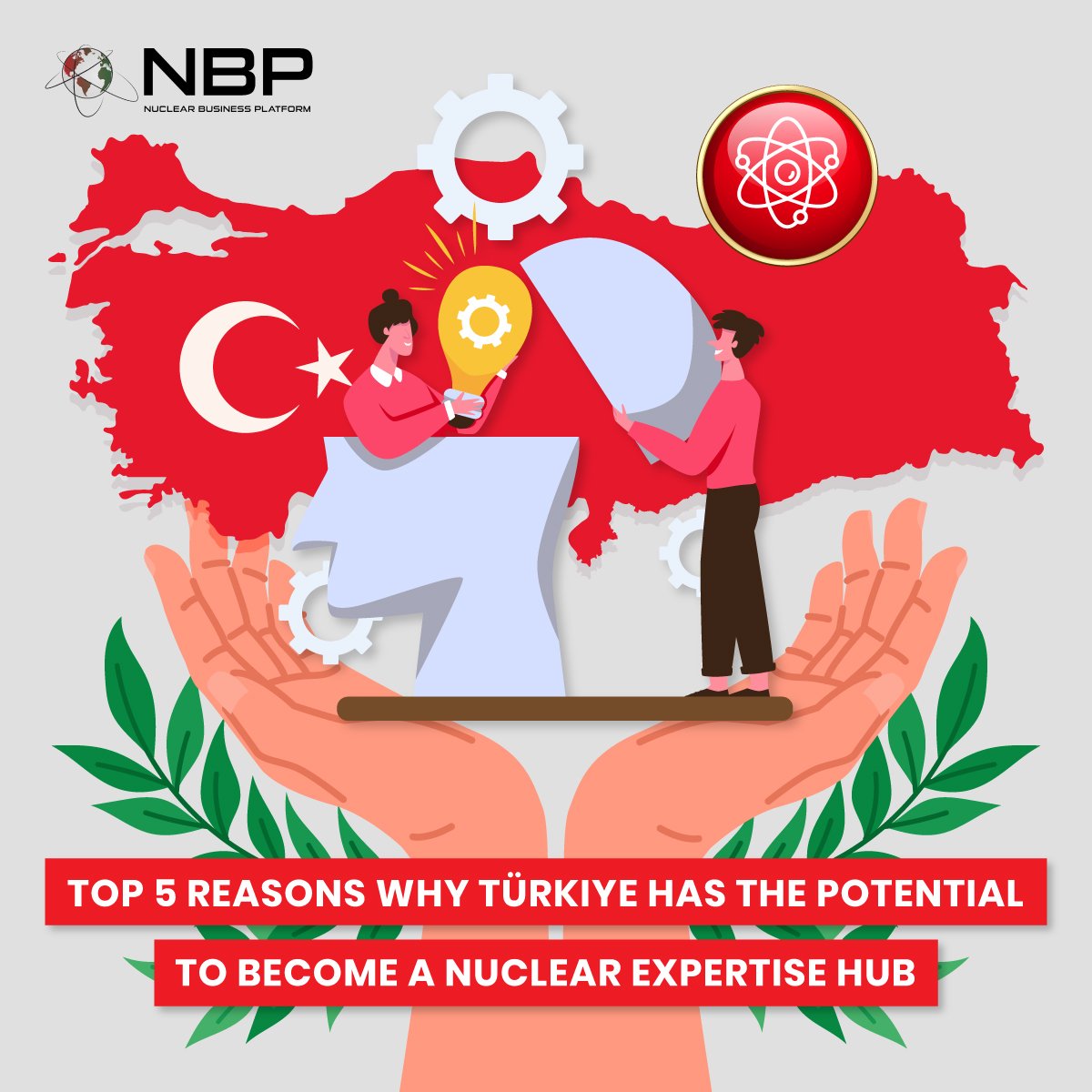
Top 5 Reasons Why Türkiye Has the Potential to Become a Nuclear Expertise Hub
Türkiye is not just playing the game; it's rewriting the rules in the nuclear energy sector! With a blend of government vision, cutting-edge research, and a booming local industry, Türkiye is on its way to becoming a nuclear titan. From the massive Akkuyu NPP to pioneering Small Modular Reactors, they're lighting up the future.
